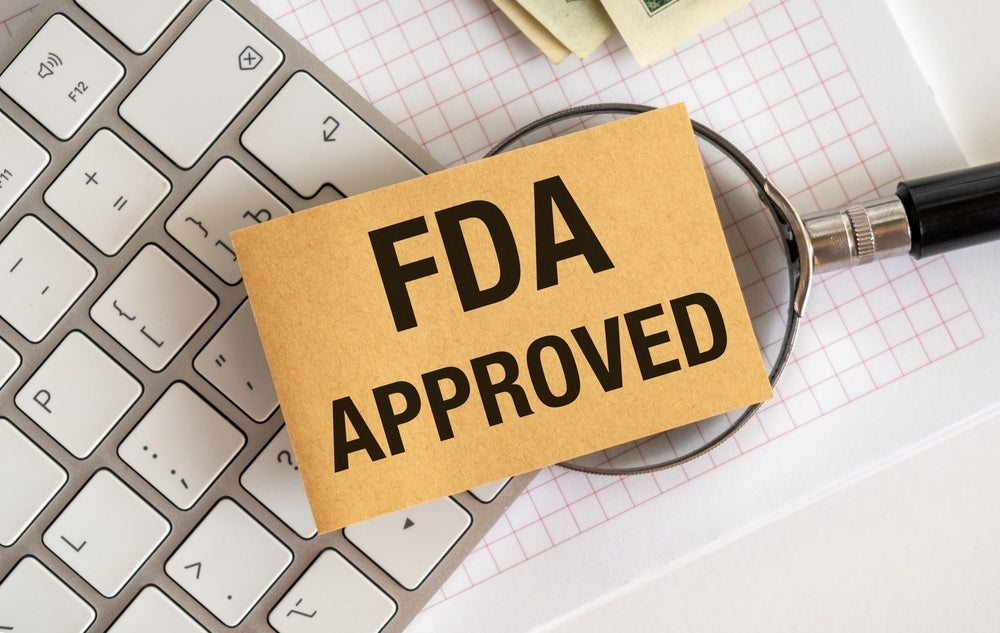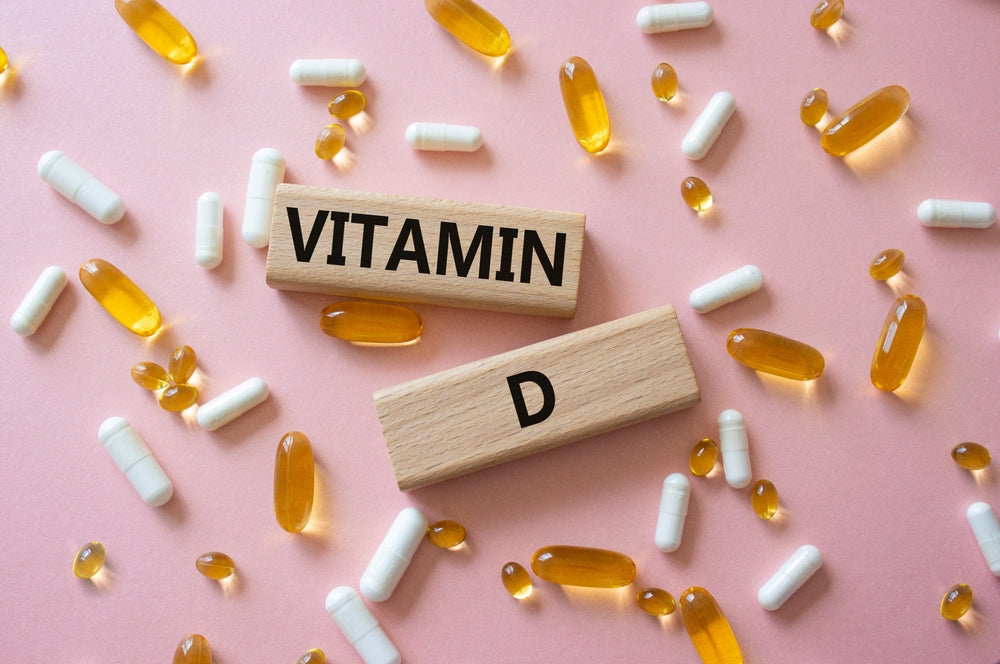Almost 1 in 14 people living with diabetes will eventually develop diabetic macular edema. This vision-robbing condition causes fluid to build up in the retina. Currently, the only therapy available involves expensive injections in the eye.
Researchers are hopeful that Iamivudine, an inexpensive, oral drug that has been used to treat HIV, may be an alternative for patients. A small, randomized clinical trial was conducted where participants were randomly assigned to either receive Iamivudine or a placebo along with injections of bevacizumab into their eye starting after four weeks.
Significant vision improvements were noted for participants who received the Iamivudine even before they received their first eye injections. Visual acuity improved by 9.8 letters at four weeks. Those who received the placebo, however, saw a decrease in visual acuity by 1.8 letters.
The Iamivudine recipients had their visual acuity improve by an impressive 16.9 letters a month after receiving bevacizumab injections. The placebo counterparts only had an increase of 5.3 letters after receiving the bevacizumab injections.
While larger studies are needed, the results from this study indicate that Iamivudine may work as a standalone treatment as well as a complementary treatment along with bevacizumab injections. This has profound implications for patients in parts of the world who have limited access to doctors or are unable to afford to travel to monthly eye appointments.














